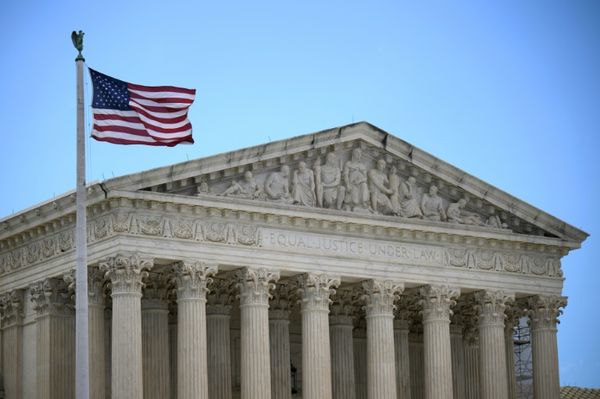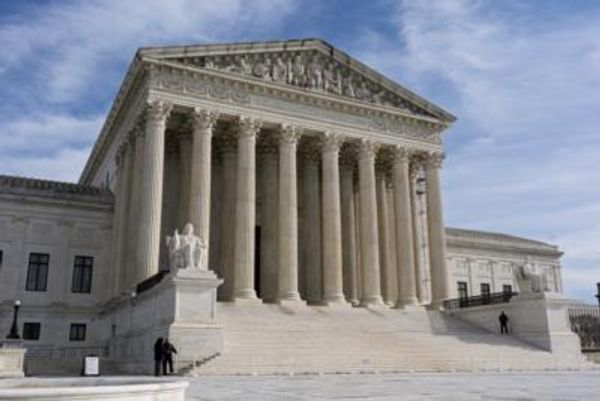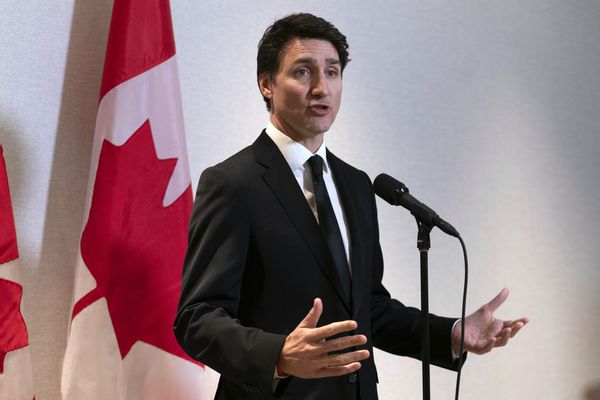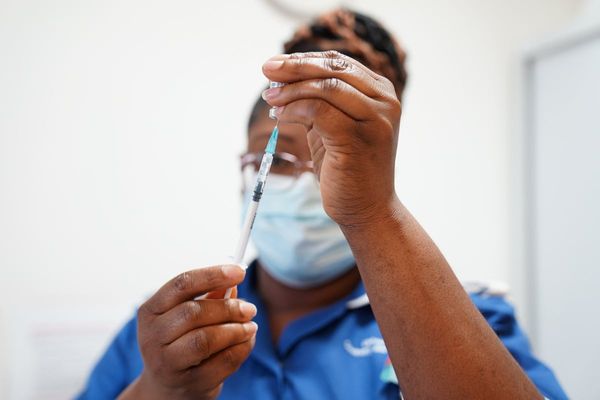ST. LOUIS — Missouri is not vaccinating residents quickly enough to reach widespread immunity by this summer, key regional health officials said. Even if the vaccination rate tripled, it's not clear that enough Missourians want to be inoculated to markedly slow the pandemic.
The vaccines are expected to ease Missouri's infection rates. But experts generally now say the virus will spread, in lower numbers, for years to come.
Dr. Steven Lawrence, an infectious disease expert at Washington University, said the vaccine rollout has been a remarkable achievement. Still, he said, it can't come fast enough.
"We need more," he said. "We need speed. We need as much as we can to really end the pandemic."
The arrival of multiple COVID-19 vaccines more than a month ago promised a return to normal. The rollout would take months, officials said, but vaccinations would be available by July for most Americans, and the economy would begin to more fully reopen soon thereafter, filling restaurants, shops and offices. Vaccine delivery, however, has been slower than hoped, and even as states have expanded vaccinations beyond health care workers, they've complained that they don't yet have enough doses to go far.
The urgency is clear: A longer pandemic means more infection, more hospitalizations and more deaths.
Not everybody sees the same path for the virus. Some experts say we just don't know enough about it to make such predictions.
"We only have a year's experience with this virus," said Dr. Stephen Liang, an associate professor of medicine at Washington University, and an infectious diseases and emergency medicine physician at Barnes-Jewish Hospital. "I think it's too soon to say."
Indeed, there are still many unknowns: How many doses will arrive in coming months? Will they be effective against new, more infectious variants of the virus? And just how many people need to be vaccinated?
A slow delivery
Health officials are focused on vaccinating enough Missourians that the virus becomes unlikely to spread, called "herd immunity." For measles, about 95% of the population must be inoculated to achieve it, according to the World Health Organization; for polio, about 80%.
For COVID-19, experts estimate the figure at 70% to 85%. For Missouri, with a population of 6.1 million, that means that between 4.3 million and 5.2 million people would have to be immunized.
Missouri began rolling out large-scale COVID-19 vaccinations in mid-December, focused on hospital workers and nursing homes. Ten days ago, Gov. Mike Parson announced that the state, expecting a boost in COVID-19 vaccine shipments, would begin the second phase of vaccinations, for almost 3 million public health employees, first responders, emergency service workers, then residents 65 and older, or with certain health conditions.
But it quickly became clear that the state would not get as much vaccine, at least immediately, as it expected.
The federal Centers for Disease Control and Prevention said Thursday that just 205,000 Missourians have received the first doses of vaccine, or about 3% of the population.
The pace of vaccinations will almost certainly accelerate.
More vaccine will likely become available — one company, Johnson & Johnson, aims to apply for U.S. emergency use authorization in February.
And Parson said Wednesday he was activating the National Guard to help staff mass vaccination centers across the state.
Some Missourians may be temporarily protected: 446,000 residents, or about 7% of the state's population, have tested positive for active COVID-19 infections over the course of the pandemic. The actual number could be twice that, because many people are asymptomatic or never get tested, said BJC HealthCare Chief Clinical Officer Dr. Clay Dunagan.
Several computer models estimate the true number of Missourians infected is even higher.
Still, Dunagan projected that vaccinating 5 million residents by the end of June would require 25,000 to 30,000 vaccinations per day. Over the past week, Missouri has been averaging almost 11,000 per day, according to the state.
Dr. Alex Garza, chief community health officer at SSM Health and incident commander of the St. Louis Metropolitan Pandemic Task Force, similarly estimated that in order to work through vaccinations for the state's population by the beginning of July, Missouri would need to add about 30,000 vaccinations each day.
At this point, that number seems unrealistic, he said.
The St. Louis region alone, Dunagan said, probably needs to target 10,000 vaccinations per day, on average. And that doesn't even include second doses.
But even if the state's supply of vaccine doses multiplies, and public and private health entities deliver vaccinations quickly — the result may hinge on Missourians' willingness to accept the inoculations once it is their turn in line.
And it's unclear they will.
A survey of 800 Missouri adults showed only 58% are likely to immediately get the vaccine when it becomes available, and 20% indicated they would definitely not be getting the shot. The survey, released by the Missouri Hospital Association, was conducted the first week of January.
And the vaccines have not been approved for children, Dunagan noted, because the initial clinical trials did not include them (though drug companies do plan to study the vaccines in younger populations in the future). That means a certain portion of the population will still be susceptible.
"Hopefully you can get enough people immunized to it, and you protect the most vulnerable," Garza said. "And so it becomes something that's not as difficult to manage as it is right now."
Living with the virus
This summer, St. Louisans may well be able to gather again for dinner and concerts and outings. Vaccinations should have gained steam by then. Masks will, perhaps, become less essential. Still, infection outbreaks will continue a roller coaster for years to come.
But an end to the virus? Who knows.
"I know people would like a day where the announcement is, 'OK, the problem's over, everyone can go back to life as normal,'" said Dunagan.
That's not going to happen, experts agree. The next many months will see a push-and-pull between relaxing restrictions and increasing cases.
COVID-19 is not going to "totally go away," said Dr. Elvin Geng, a professor of infectious diseases at Washington University
Case numbers will dip, he said. But sporadic outbreaks will continue even after a large portion of the population has been vaccinated.
"Right now ... we're sort of drowning," Geng said. "Whereas in a few months we should be in a position where we're trying to keep dry."
Lawrence, the infectious disease expert at Washington University, said COVID-19 may never go away entirely.
"Very likely it will become a seasonal thing that we see every year, that the goal is to make it to the point where it doesn't cause outbreaks where it is threatening to completely shut down our health care systems," Lawrence said.
For now, don't put away your masks.
Lawrence said Missourians should continue wearing masks even after they have been vaccinated, for three reasons: The vaccines have efficacy of around 95%, but not 100%; it is unclear if the vaccines can prevent asymptomatic infections; and on a practical note, it will become impossible to enforce public health guidelines if exemptions are made for vaccinated people.
"We have to really get it across that the relaxation of masking, distancing and gathering is only going to occur after we see sustained drops, and really low level transmission in our communities," Lawrence said. "And not before then."







